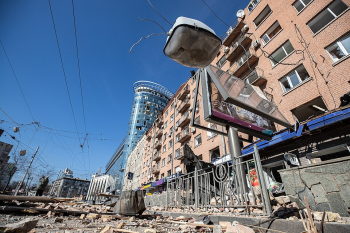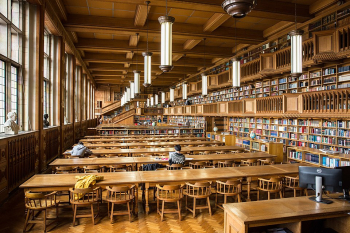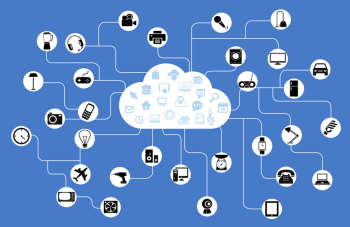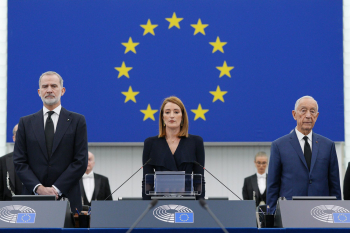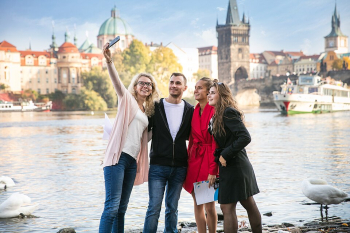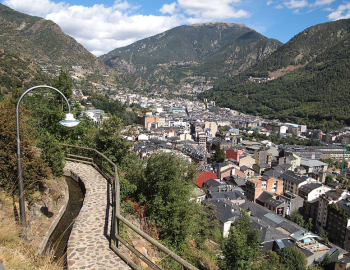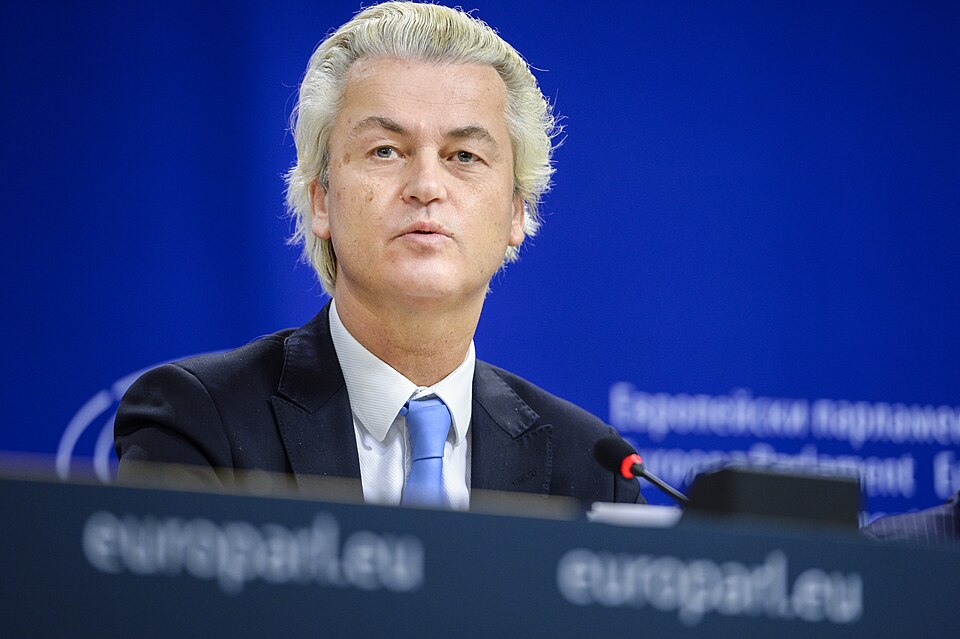
Geert Wilders has made it clear what his PVV party will be fighting for in October’s general election: a complete stop to asylum.
The far-right leader unveiled the PVV’s 40-page manifesto this week, which features an AI-generated portrait of himself and kicks off with the same 10-point asylum plan that triggered the government collapse in June. In a short video on the party’s website, Wilders declared that “not a single asylum seeker” should be allowed into the Netherlands, branding refugees as “fortune hunters” coming for Dutch homes, welfare, and women.
Wilders blames his former coalition partners – NSC, VVD, and BBB – for the early election, saying they refused to fully adopt his plan right away. Yet many of those proposals were already moving through parliament in bills tabled by his own PVV minister, Marjolein Faber, when he pulled the plug on the cabinet.
Polls suggest PVV support has dipped slightly since June, from 20% to around 18.5%. Still, that would likely leave the party as the largest in parliament, with 28 to 32 seats. Even so, major rivals – CDA, GroenLinks-PvdA, and VVD – have ruled out working with Wilders after the October 29 vote.
Refugees and the EU
Wilders insists a total asylum freeze is possible because most refugees arrive via Germany and Belgium, both considered “safe countries.” But this would mean breaking from EU asylum rules, something Brussels has repeatedly said is off the table.
His manifesto goes further: revoking the status of 70,000 Syrian refugees and sending them back to Syria or “another Arabic country” – including hundreds of Syrian Christians. Local councils would no longer be forced to house refugees, reception centers would close, and Ukrainians would lose Dutch government support, with men sent home to fight.
Refugees with legal status but still stuck in reception centers would be forced out after 14 weeks, despite European law forbidding governments from deliberately making people homeless.
Housing and everyday costs
Though dominated by asylum and anti-Islam measures, the manifesto also lays out domestic policies. PVV promises faster homebuilding by cutting red tape and loosening environmental protections, including nitrogen rules that currently limit construction. That would likely spark conflict with the EU.
On household budgets, Wilders pledges to slash VAT on energy from 21% to 9%, scrap VAT on groceries altogether, and cut social housing rents by 10%. He would also abolish the €385 annual health insurance excess – what he calls a “fine on sickness” – and make dental checkups part of basic insurance.
To fund these promises, PVV wants to cancel development aid and reduce Dutch payments to the EU, though such rebates require approval from all member states.
A different kind of government
The PVV program also takes aim at institutions. The Senate would be abolished, binding referendums introduced, and mayors directly elected. Salaries of MPs, ministers, and even the royal family would be cut by a quarter.
The climate transition would be rolled back: subsidies for heat pumps scrapped, gas disconnections halted, and drilling for oil and gas in the North Sea expanded. The Netherlands would also leave the Paris climate accord, echoing Donald Trump’s approach in the U.S.
On schools, PVV wants to ban “gender propaganda,” restore traditional teaching, and end constitutional protections for Islamic schools. Gender-neutral passports, legal since 2018, would disappear, and the party would write the concept of “two biological genders” into law.
Finally, the party says the Netherlands should withdraw the official apology for its history in the slave trade, issued by King Willem-Alexander in 2023. Photo by © European Union 2015 - Source EP, Wikimedia commons.


